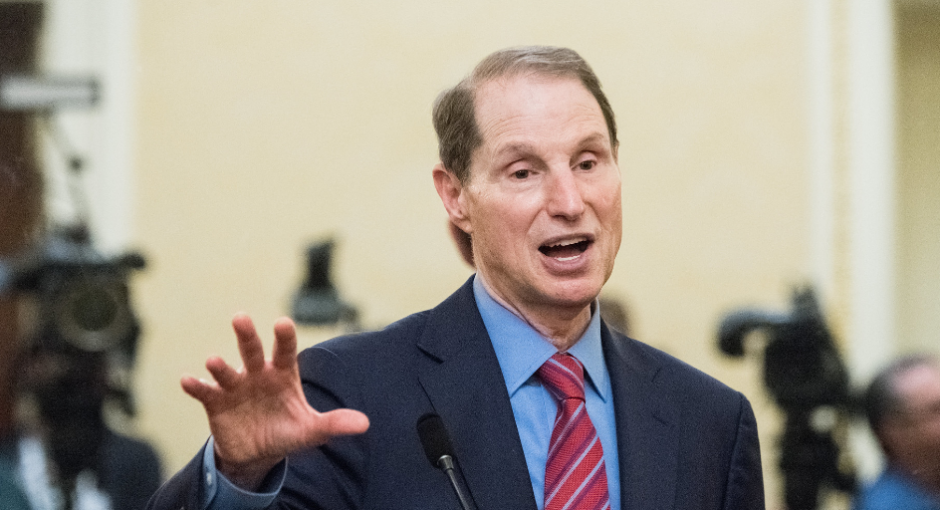U.S. Senate Finance Committee Chair Ron Wyden (D-Ore.) said this week that new Congressional Budget Office (CBO) findings on brand drug price increases “drive home the urgent need to pass robust drug pricing reforms.”
“The average net price for brand-name prescription drugs in Medicare Part D doubled in the last decade—far faster than inflation,” Wyden said. “It’s time to give Medicare the tools to fight back against high prices.”
Prospects for federal drug pricing legislation dimmed last month when Senate Democrats failed to secure the 50 votes needed to pass their party’s comprehensive Build Back Better (BBB) policy agenda. Although the details were still up in the air, Democrats planned to include drug pricing reforms in the huge bill. Those reforms were expected to include letting the government negotiate prices for some Medicare Part B and D drugs and requiring manufacturers to give the government rebates when prices paid by Parts B and D rise faster than the rate of inflation.
President Biden said during a news conference Wednesday he is confident that “big chunks” of the BBB plan can be enacted. He did not say which parts, though.
Inside Health Policy reports that House Speaker Nancy Pelosi (D-Calif.) said during a press conference yesterday, “What the president calls chunks I would hope would be a major bill, going forward. It may be more limited, but it is still significant.”
Sen. Joe Manchin (W.Va.) late last month floated the idea of letting the U.S. Department of Veterans Affairs (VA) negotiate drug prices on behalf of Medicare. It is unclear how a VA empowered to buy drugs at significant discounts for other federal programs might impact 340B covered entities or the discounts they receive.
Groups that represent 340B covered entities have asked Congress to consider how any drug pricing reforms would affect entities’ ability to benefit from 340B discounts.
CBO’s Findings
The new CBO report that Widen cited found that, overall, the average net price of a prescription (after subtracting the discounts and rebates that manufacturers provide to private insurers and federal programs) fell from $57 in 2009 to $50 in 2018 in the Medicare Part D program and from $63 to $48 in the Medicaid program.
CBO said average net prices fell for generic drugs but “increased substantially” for brand-name drugs—from $149 to $353 in Medicare Part D and from $147 to $218 in Medicaid from 2009 to 2018.
“Nationwide changes in average prices—overall and for both brand-name drugs and generic drugs—probably followed similar patterns,” CBO said.
CBO cited two key drivers of higher average brand drug prices: higher launch prices for new drugs and growth in the prices of individual drugs already on the market. It said the growing shift toward specialty drugs among new drug entrants was an important factor in the increased launch prices of new drugs.
CBO said federal policies also played a role.
“Medicaid’s statutory rebates create an incentive for manufacturers to negotiate higher prices for commercial insurers as well as higher marketwide launch prices,” it said, noting, however, that “those rebates also create an incentive for manufacturers to increase prices more slowly over time, which probably mitigates the effect of higher initial prices.”
“In addition, the increase in the share of overall drug spending that is covered by Medicare and Medicaid may dampen the pressure on manufacturers to restrain prices because patients are more willing to purchase high-priced drugs when they have less exposure to those prices,” CBO said.
CBO also reported that for Medicare Part D, the average rebate (commercial and government) on a brand-name drug, as a fraction of its retail price, has more than doubled since 2009, increasing from 15% to 35% of the program’s spending for brand-name drugs at retail prices in 2018. For Medicaid, the rebate percentage increased from 44% in 2009 to 63% in 2018.
“Recent research has found that, on a nationwide basis, average rebates for brand-name drugs have increased as well, from 32% in 2012 to 48 percent in 2017,” CBO said.


